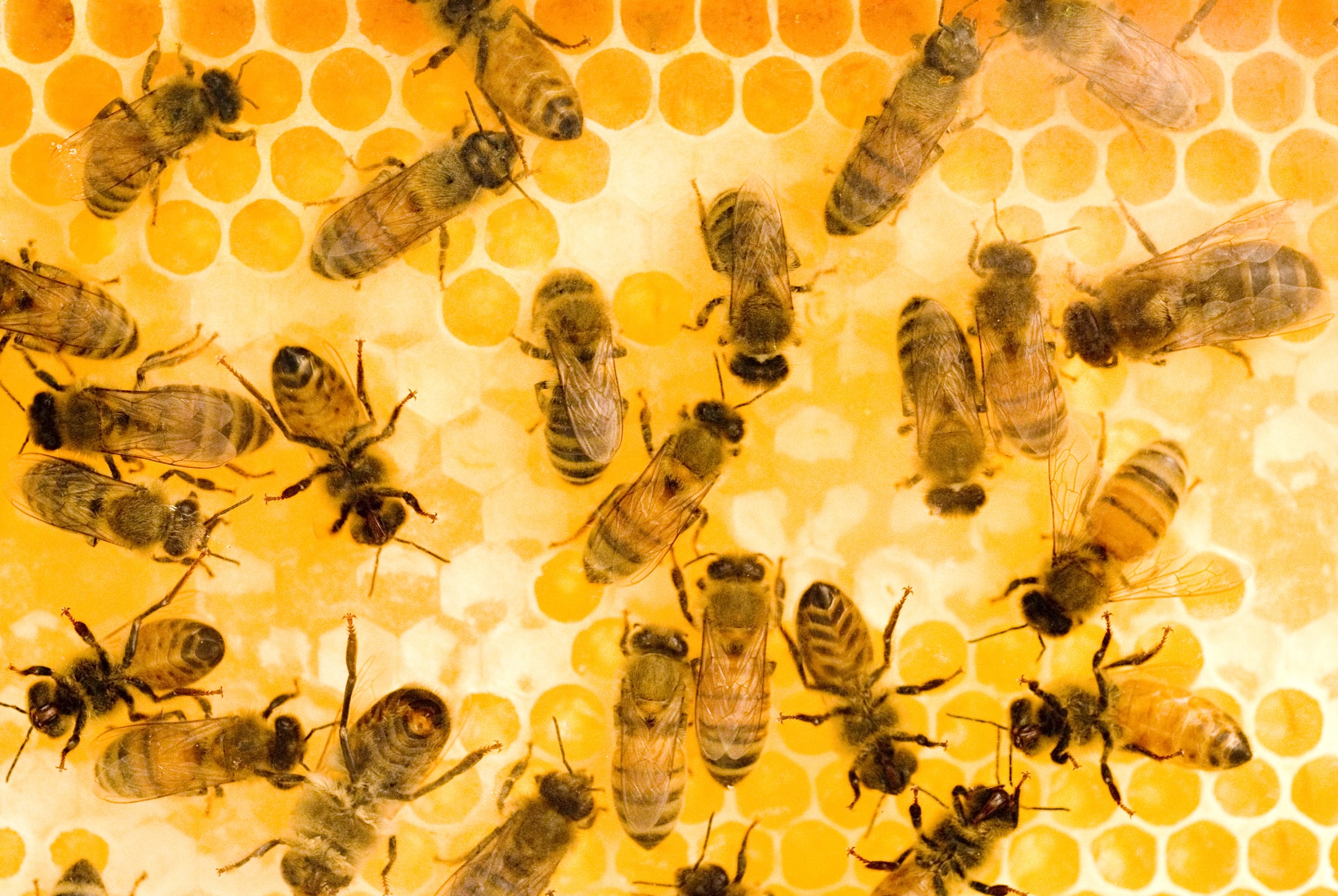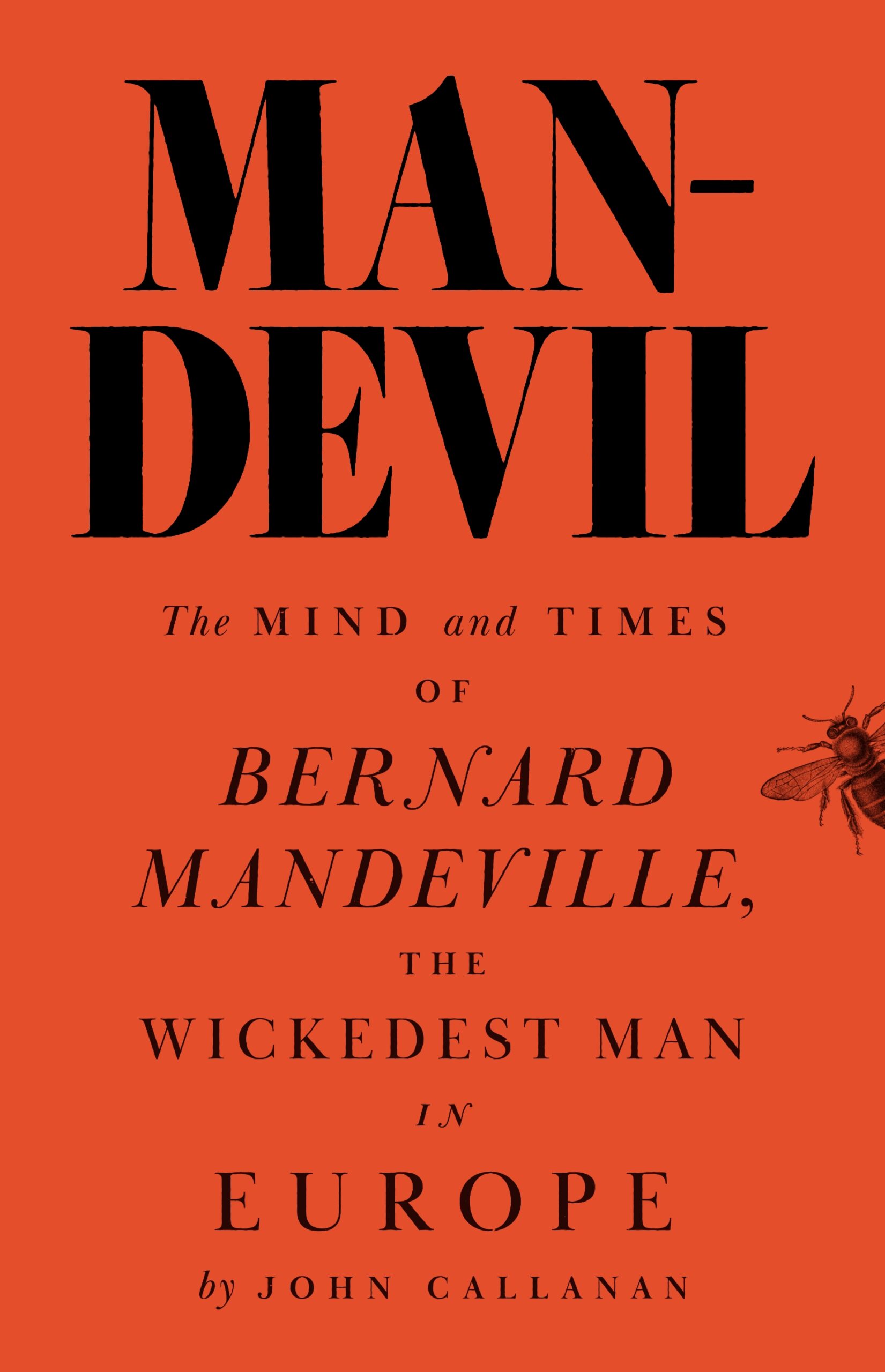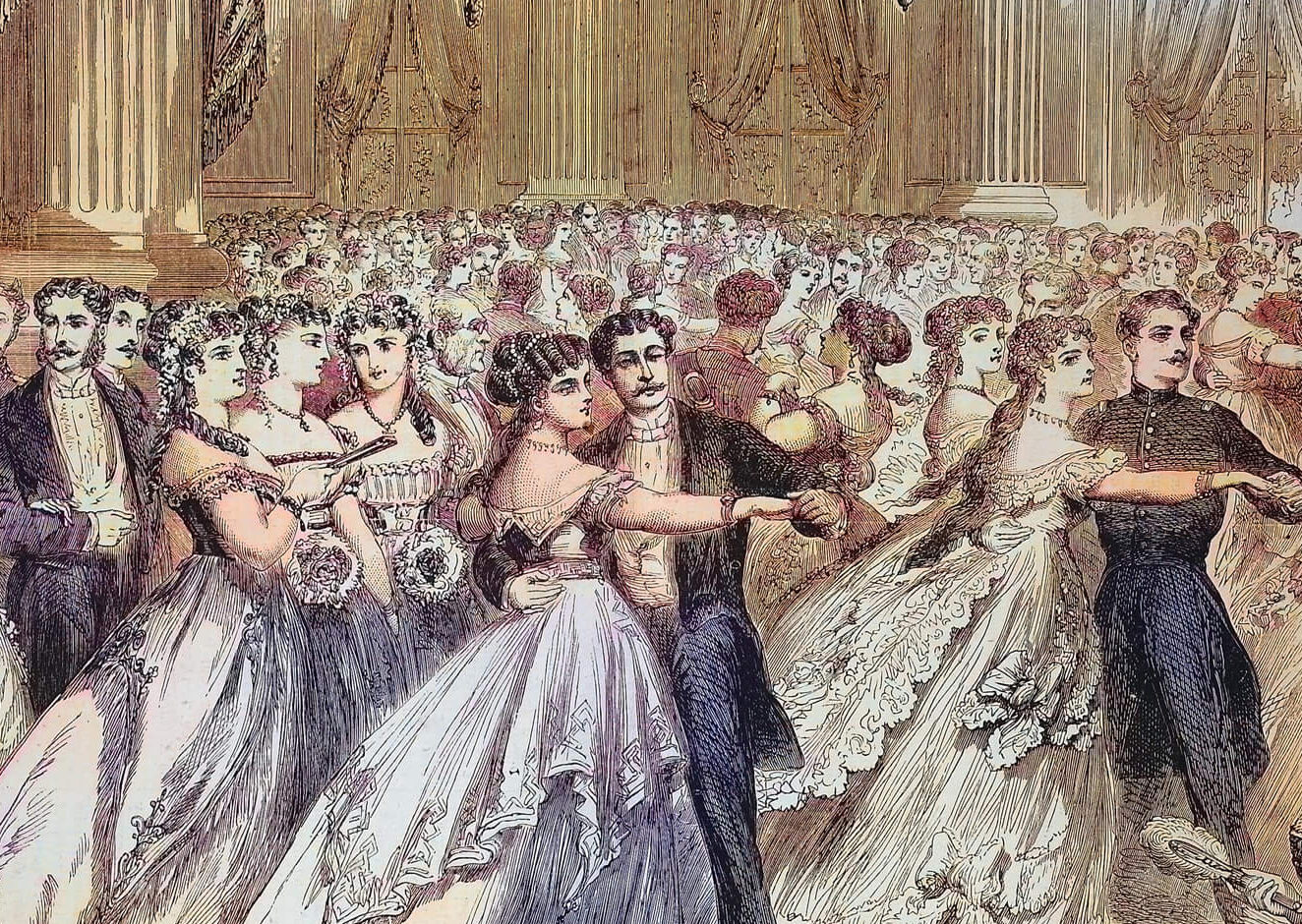In the summer of 1723, a book and its author were hauled before the Grand Jury of Middlesex County, now part of London, on charges that the book would “debauch the nation.” The book was The Fable of the Bees: Or, Private Vices, Publick Benefits, which consisted of a poem, “The Grumbling Hive: Or, Knaves Turn’d Honest,” and the poet’s commentaries on it. The author, Bernard Mandeville, was a physician who, after relocating from Holland to London, soon gave up the practice of medicine to write. Write what? Satire, mainly.
While the court did determine that the book encouraged a “general libertinism,” Mandeville escaped punishment, though the details of the case are sketchy. Judging from John J. Callanan’s account of Mandeville’s mischievous nature, the author must have enjoyed the controversy his work had caused, which seems to have brought him to the attention of all the great minds of his time. That many of them were scandalized surely made this enjoyment all the richer.
John Wesley, the founder of Methodism, “looked over” the Fable, saying that he had never imagined there had “appeared in the world such a book as the works of Machiavelli. But [Mandeville] goes far beyond it.” Others less stuffy than Wesley admitted, albeit grudgingly, that Mandeville was a perceptive rascal whose insights influenced their own thinking. A proper young lady in Henry Fielding’s Amelia (1751) has come to view “virtue” and “religion” with fresh eyes. Both high-sounding notions, she concludes, are little more than “cloaks under which hypocrisy may be better enabled to cheat the world. I have been of that opinion ever since I read that charming fellow Mandevil.” When
















